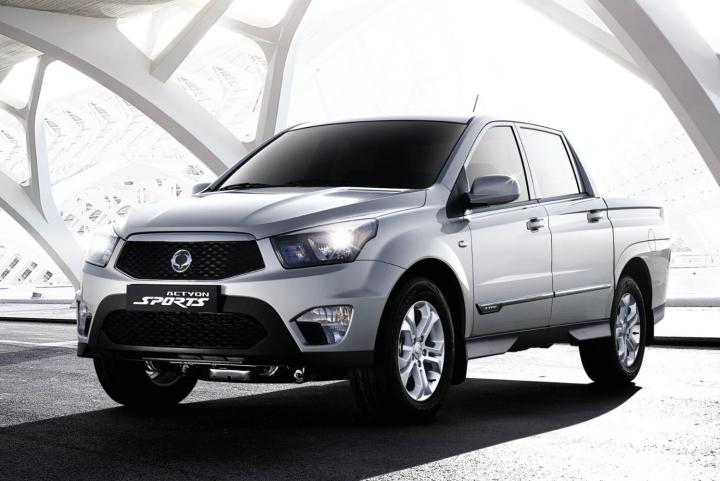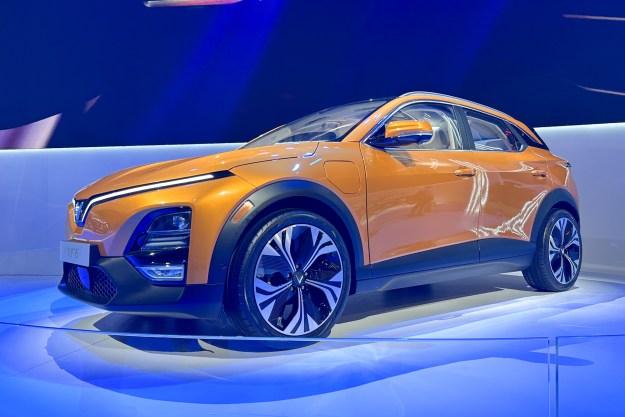
Ssanyong is interesting because it reflects the global growth of the car industry and its emergence in unexpected places. Americans have gotten used to the idea of Korean cars, but Ssanyong is actually wholly owned by Indian giant: Mahindra. And the Ssangyong cars themselves may well be built in China.
If Ssangyong does make it Stateside, it could be not just the first Chinese-built car sold in the States, but also likely the first in a wave of new budget automakers to storm our big, fuel-thirsty continent. Ssangyong is likely to shoot for the bottom-barrel space left by its Korean brethren Hyundai and Kia, as both automakers have moved somewhat upscale in the last few years. Specifically, Ssangyong has suggested that it will market budget crossovers and SUVs in the United States.
One such model, the Rexton, a seven seat SUV, which is already on sale in Korea and India, could likely be sold in the U.S. for as little as $17,000: a substantial savings on any of the existing U.S. options.
Related: Chinese-built Volvo S60L headed Stateside next year
There is even some precedence for the success of this tactic. Struggling Japanese automaker Mitsubishi has introduced its own Thai-built economy car the Mirage, which despite being universally panned by journalists, is on pace to sell nearly 20,000 units this year.
Regardless of what niche the Ssangyong shoots for, it expects to bring models over in record time. Pawan Goenka, President of Mahindra’s automotive sector responsible for Ssangyong, told Reuters, “Right now what we are doing is very early feasibility study of which products will make sense for the U.S., what will it take to make those products work, whether it will be financially viable to launch in the U.S.” While Goenka did not state a specific time frame, he explained that the company could begin sales within two years of board approval.
The Chinese connection comes in the form of the company’s plans to open a large manufacturing plant in mainland China to meet the company’s skyrocketing demand there. This would be Ssangyong’s newest manufacturing plant, and the likely source of any vehicles eventually imported to the United States.
Depending on the success of Ssangyong, a wave of budget automakers like Proton, Tata, and any number of Chinese companies might follow. So, while the sort of cars that Ssangyong has to offer may not bring joy to the heart of gear heads, they are definitely worth paying attention to.
Editors' Recommendations
- Don’t wear Vision Pro while driving, U.S. transport chief says
- 5 impressive EVs you’ll wish you could buy in the U.S.
- Volkswagen is launching its own self-driving car testing program in the U.S.
- What I’ve learned after a year of driving the best-selling plug-in hybrid in the U.S.
- Mercedes is finally bringing an electric van to the U.S.


